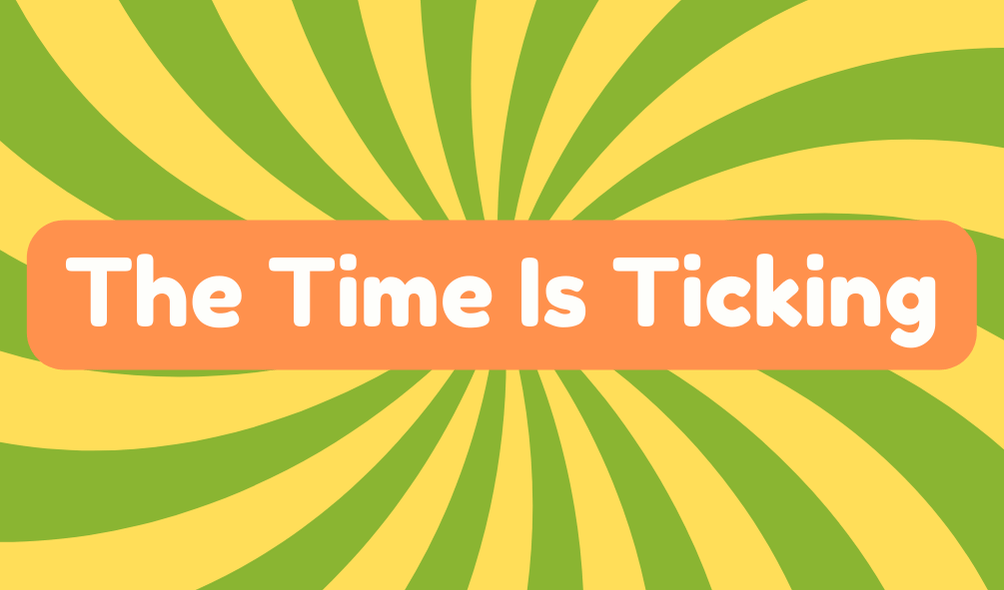John Kerry’s phrase “the time is ticking” underscores the urgency of decisions and actions in critical moments, particularly in matters of global importance like Syria’s political crisis. This concept, while often used in political and personal contexts, serves as a reminder that time is a finite resource shaping our priorities and decisions.
Definition
The ticking clock is a metaphor for urgency and the inevitable passage of time. It applies to various contexts, such as meeting deadlines, making life-changing decisions, or addressing global issues. Effective time management involves more than just racing against time—it’s about prioritizing what truly matters. Learning to harness the pressure of a ticking clock can inspire innovation and productivity while fostering a deeper appreciation for every moment.
Synonyms
Understanding alternatives to “the time is ticking” can expand your ability to convey urgency and significance. Here are some dynamic options:
- The clock is running down – Captures the sense of impending deadlines.
- The hourglass is emptying – A poetic expression of time slipping away.
- The countdown has begun – Highlights a fixed timeline.
- Time is running out – Direct and widely used.
Using these phrases in varying contexts ensures your message resonates with clarity and impact.
Example Sentences
To illustrate the versatility of “the time is ticking,” consider the following sentences:
- “The time is ticking for climate change initiatives; we must act decisively to secure our future.”
- “The time is ticking, and the deal needs to close before the quarter ends.”
- “As her exams approached, she felt the weight of the ticking clock.”
Each example reflects how the phrase applies across scenarios, from global challenges to personal milestones.
Origin
The phrase “the time is ticking” draws inspiration from the mechanical ticking of clocks, symbolizing the relentless march of time. Historically, timekeeping evolved from rudimentary methods like sundials to intricate clocks. The phrase entered modern idiom as a metaphor for urgency, often tied to deadlines or critical junctures.
In today’s fast-paced world, the concept reflects our constant negotiation with time, blending innovation in technology with the timeless challenge of making every second count.
Collocations
Common collocations with the idea of ticking time include:
- Ticking time bomb – Indicates a situation on the brink of crisis.
- Beating the clock – Accomplishing something before time runs out.
- Ticking away – Gradual passage of time.
- Countdown clock – A specific timeline tied to an event.
These collocations enrich your vocabulary, enhancing your ability to express urgency and context.
How to Use in Everyday Language
Incorporating phrases like “the time is ticking” into everyday speech is straightforward and impactful. For instance:
- In work settings: “The time is ticking on this project—let’s focus on priorities.”
- In personal conversations: “The time is ticking before the holidays; we should finalize our travel plans.”
- In motivation: “Don’t wait—time is ticking to chase your dreams.”
This phrase offers flexibility, fitting casual, professional, and motivational contexts.
Why Is It Still Relevant Today?
In our modern world, where time feels increasingly scarce, phrases like “the time is ticking” remain highly relevant. They emphasize the importance of urgency in decision-making and inspire action in critical situations.
Why it matters today:
- Global issues: Whether addressing climate change, geopolitical crises, or technological advancements, the ticking clock underscores urgency.
- Personal growth: It reminds individuals to value their time and make choices aligned with their goals.
- Cultural resonance: The metaphor transcends boundaries, resonating with diverse audiences globally.
By understanding and utilizing such language effectively, you not only communicate urgency but also inspire meaningful action. In a world driven by deadlines, the ticking clock remains a powerful symbol of human potential and resolve.







